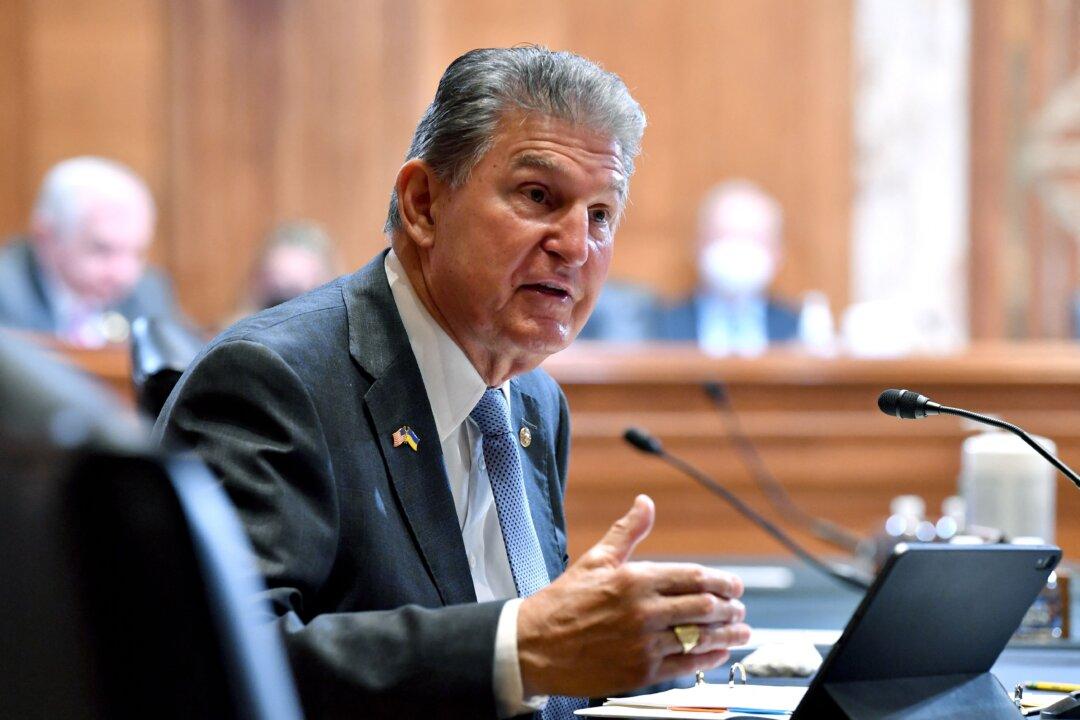The Treasury Department on May 3 finalized rules for consumer electric vehicle (EV) tax credits, which allows more automakers that use Chinese minerals to claim the credit.
The tax credit—up to $7,500 for a new and $4,000 for a used EV—was passed under the 2022 Inflation Reduction Act, and is one of the tools of the Biden administration’s climate initiative to achieve half of new car sales by 2030 being EVs.



